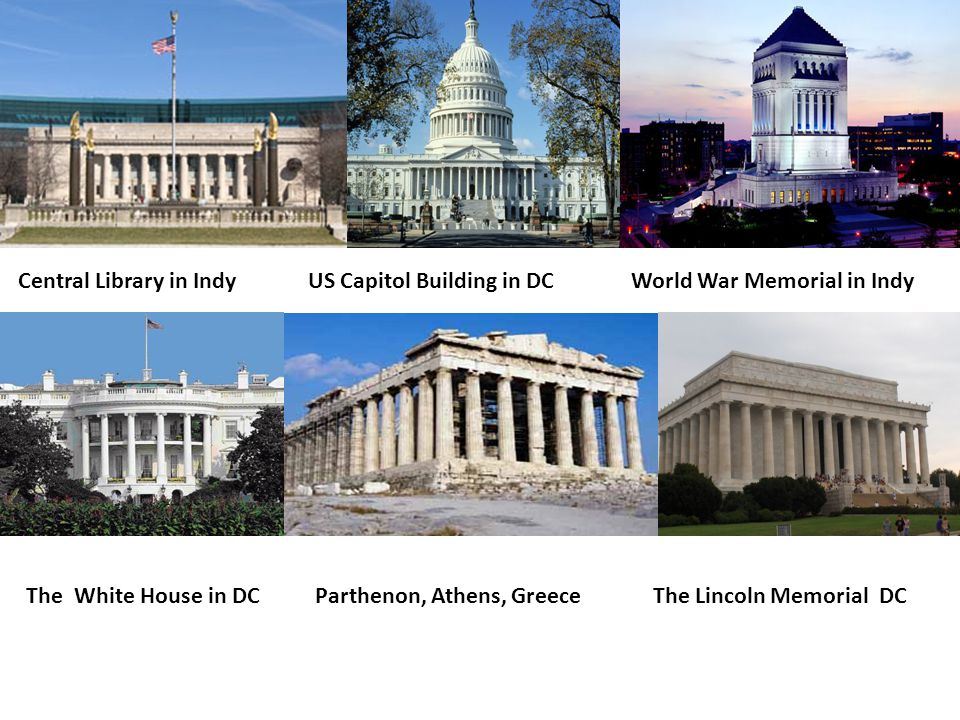This is a philosophical question, but one with important consequences.
Conservatives often tout the free market as the best solution to problems. Conservatives on the SCOTUS seem to be of the opinion that this is also the case in politics; that is an unavoidable implication of Citizen’s United: money—> “speech” —> policy.
While some conservatives, social conservatives mostly, see money in politics, in the form of campaign financing/ lobbying, as a problem, many (most?) conservatives accept it as an established truth that when wealthy corporations and individuals seek to use wealth to influence policy, they are just “following nature” in basically the way that the capitalistic free market is “supposed” to work.
However, many of the individuals who see nothing inherently wrong or particularly immoral about the above scenario also feel that things like progressive tax structures are immoral. This comes in a variety of flavors, from flat tax proponents to full blown “taxation is theft” libertarian/anarchists.
So, if it is morally defensible, and a just a function of our capitalistic system for the wealthy to seek to “buy policy,” why is it any less moral for the non-wealthy to vote for policies, such as progressive taxes and robust social services, that will benefit them? Aren’t both equally rational “market driven” decisions— assuming capitalism expects selfishness to be a virtue (to use Ayn Rand’s phrase), why is selfishness on the part of lower classes suddenly non-virtuous?
There’s obviously an is/ought dimension to this problem, and I’ve noticed that in politics people tend to be very lax on that distinction; many people want to argue policy until their policy argument is defeated, and then the next word out of their mouth is morality.
I have no problem arguing the morality or the reality, but let’s remember that what’s good for those goose is good for the gander: expecting one side to act according to an “is,” but simultaneously expecting the other side to act according to an “ought” is logically inconsistent and unfair.
This is a “cheat” that conservatives employ constantly, imho, and why most “bootstrap” arguments are inconsistent with our current political reality.



